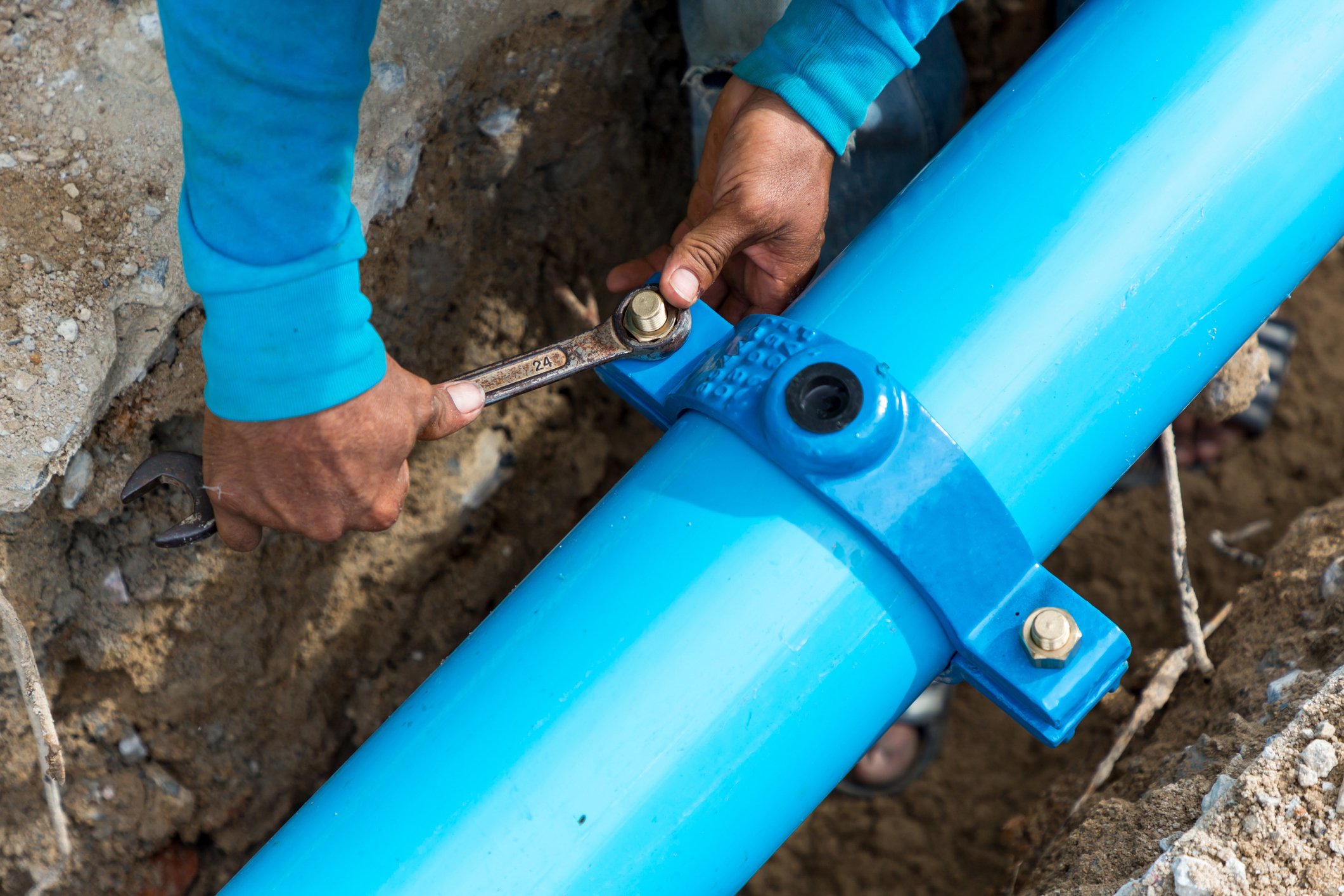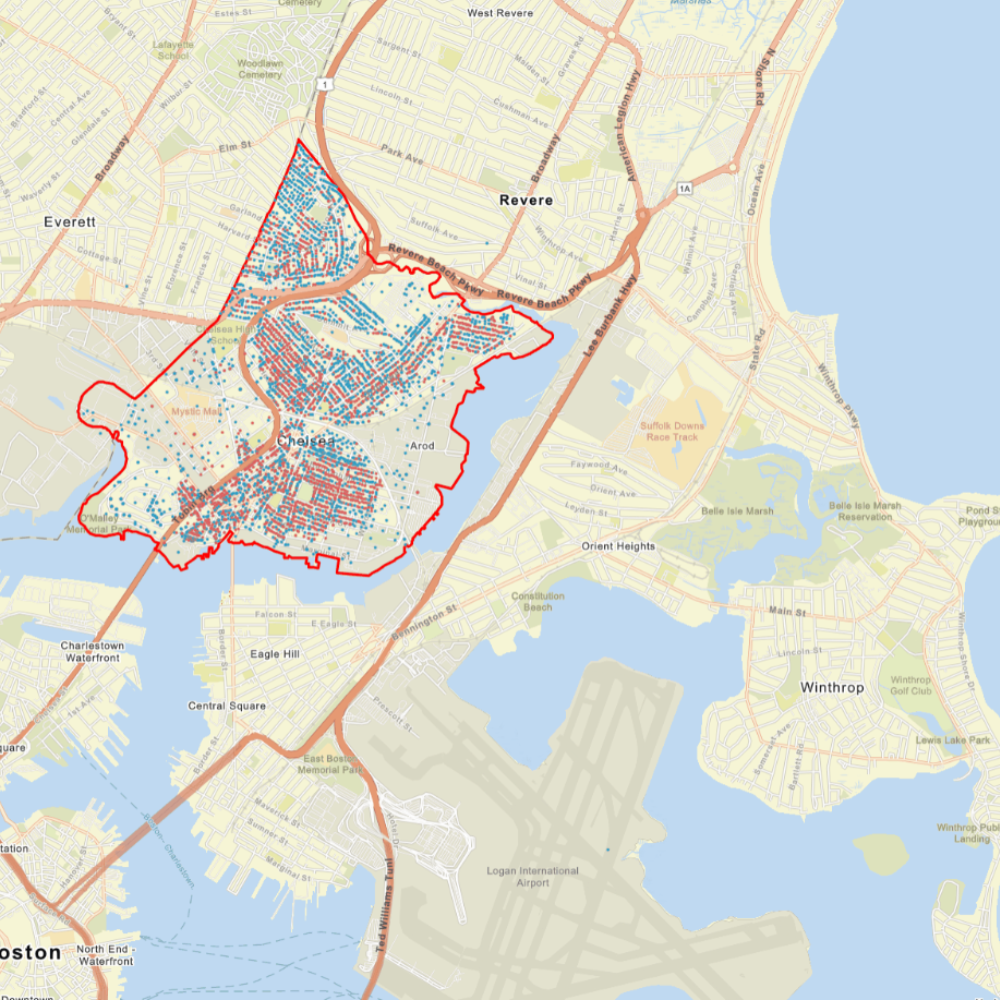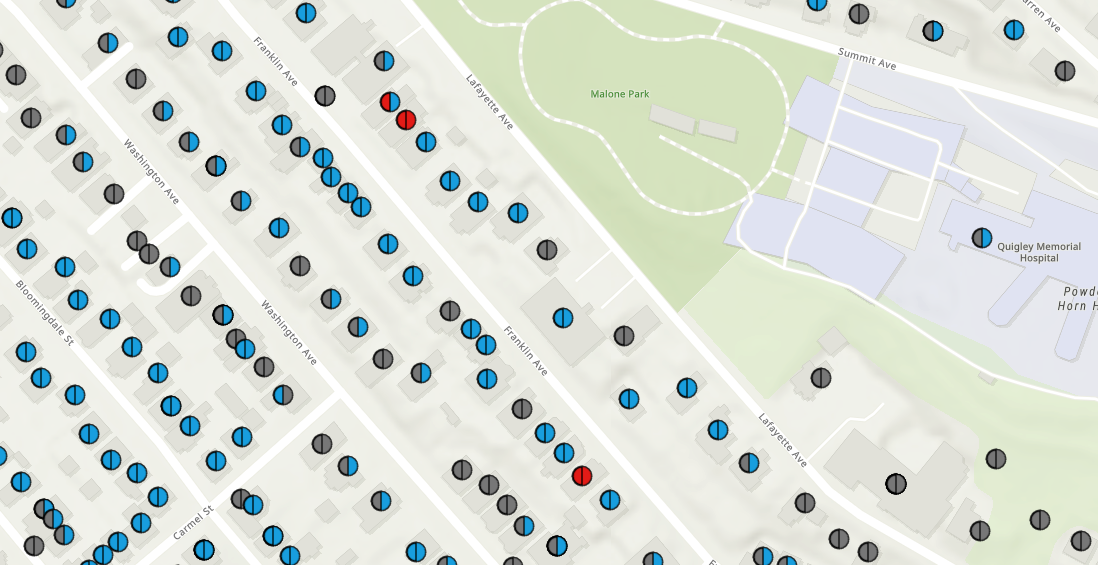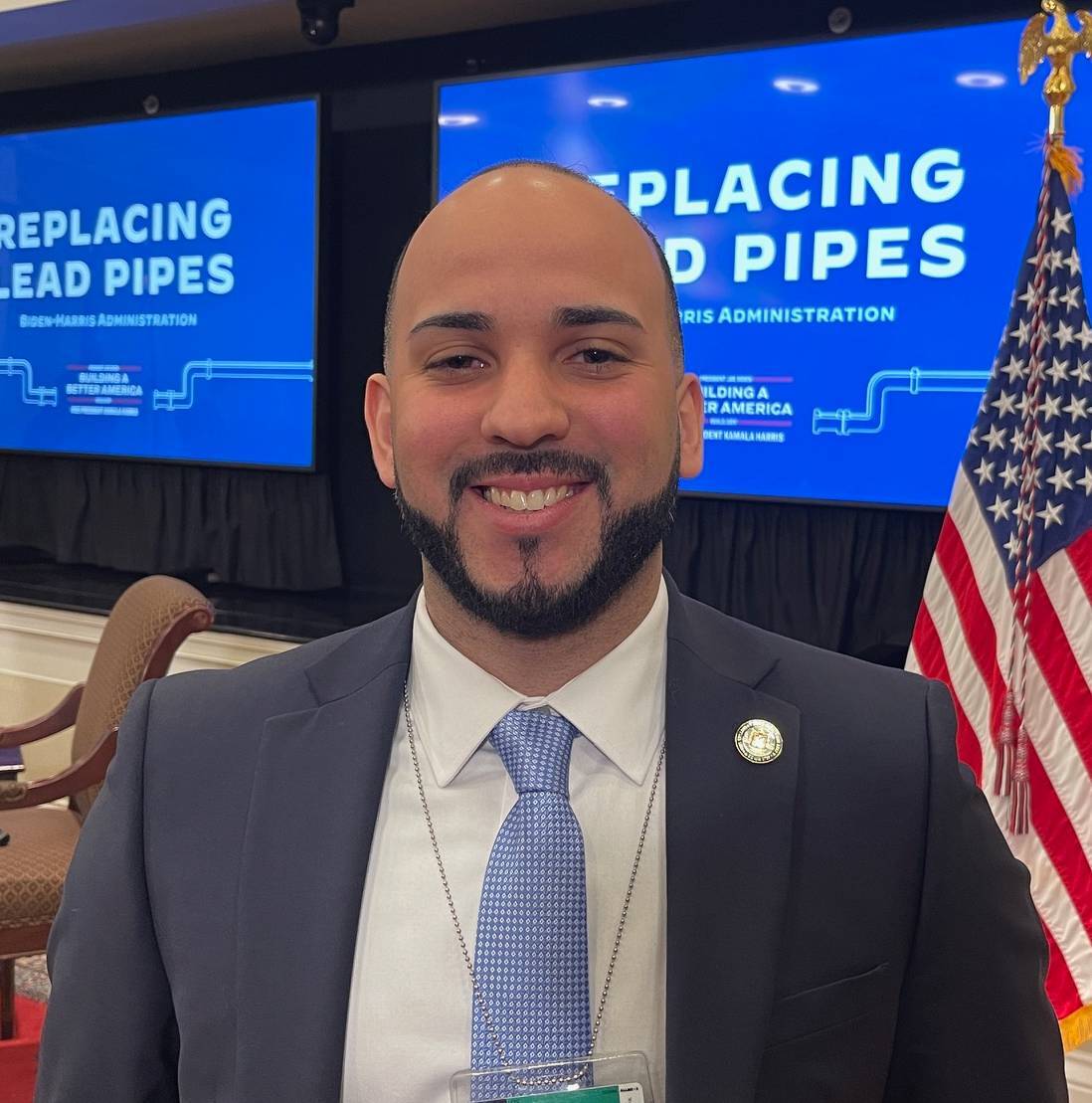A Smarter Approach to Safer Water
 The City of Chelsea — Massachusetts’s second-most densely populated city — faced an urgent public health challenge: to identify and replace unknown lead service lines (LSLs) as quickly and efficiently as possible. The harmful effects of lead exposure are well-documented, and communities across the country, especially those with aging infrastructure and environmental justice concerns, are under pressure to act.
The City of Chelsea — Massachusetts’s second-most densely populated city — faced an urgent public health challenge: to identify and replace unknown lead service lines (LSLs) as quickly and efficiently as possible. The harmful effects of lead exposure are well-documented, and communities across the country, especially those with aging infrastructure and environmental justice concerns, are under pressure to act.
But like many cities, Chelsea didn’t just need cleaner records. They needed a reliable, modern method for identifying where lead lines might be, prioritizing field inspections, and tracking progress as replacements occurred. Their existing records were scattered, incomplete, and lacked the tools to turn raw data into actionable insights.
Without a clear system for targeting intervention or documenting progress, the city risked falling behind on both public health goals and evolving regulatory requirements.








